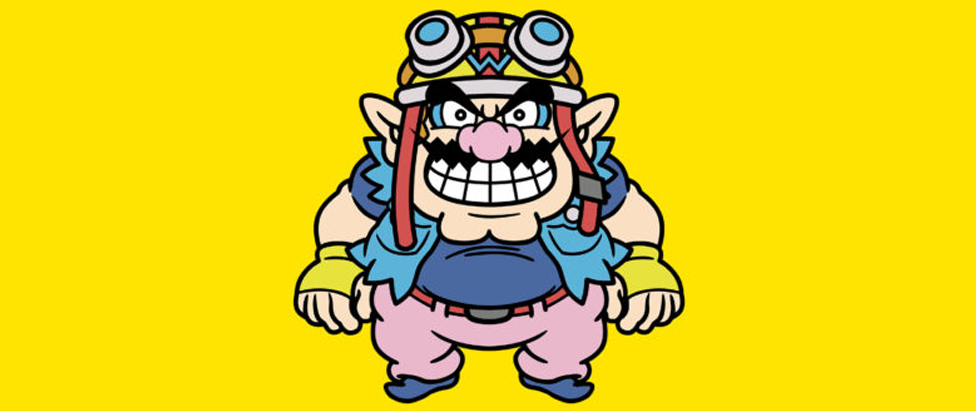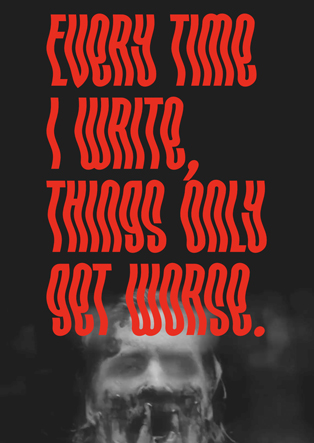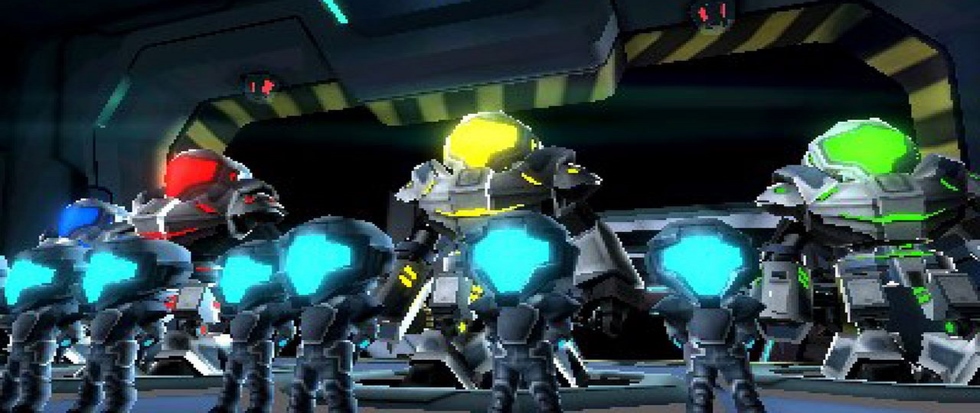
The Mathematical Brilliance of WarioWare
The annals of math rock is a motley of multifarious influences, from the understated sounds of minimal music to the aggressive intensity of post-hardcore. Characterized by its unpredictability, such as anomalous structures, erratic rhythms, abrupt changes in tempo and dissonant chords, this capriciousness is one of the genre’s most defining qualities—and is what I love most about math rock. The musical expression of bands within this genre are often as fickle and varied as they are catchy and stunning, like the stark contrast between musicians like Hella and toe, American Football and Chon, Tortoise and tricot. Their virtuosity came from a free-flowing sense of complexity, as if they were able to noodle on their instruments haphazardly and still somehow turn the result into an intoxicating piece of music.
In the same vein, this off-the-wall approach to composition parallels the micro games of WarioWare, with each mini round presented in rapid-fire succession. According to Nintendo developer Goro Abe, this unique concept was inspired by the secondary mode of Mario Artist: Polygon Studio, in which the player have to survive a series of very short, twitchy games that became progressively tougher and faster. By messing around with the vernacular of game design, WarioWare consistently points a middle finger at videogame conventions, while still keeping its main conceit endlessly invigorating.
So much of WarioWare’s trademark humor and engaging mechanics stem from its sheer unpredictability, as the game boldly subverts expectations and defies conventions. Take for example the bizarre adventures of Mona, one of WarioWare’s many colorful characters, whose mini games are centered around utterly ordinary, everyday activities like picking your nose, crying elegantly and brushing teeth. These puzzles are relatively intuitive—it’s clear where you should steer a finger towards while it floated below two tantalizing nostrils—but when stacked together, becomes a madhouse of challenges that demand quick reflexes. With each round lasting mere seconds, players are only given an instance to react to the next inexplicable challenge, turning WarioWare into a fractured, even erratic experience; you could be cracking an egg on an absurdly small pan, or shaving a poor customer’s head as a quack barber. What’s even more unexpected is the unintentional hilarity of its gags, which are plentiful, fertile and endless—the sort of fun WarioWare doles out in excess.
And then there’s more of WarioWare’s own irregular pace, with the game steering wildly between reflex-heavy antics and challenges that require more thoughtful precision. This lends to its off-kilter vibe, as it confidently and consistently catches players off-guard. Not that the game is frustrating or disjointed, mind you; luckily, the microgames’ immense simplicity and charm make WarioWare immensely replayable. Likewise, the fluctuating rhythmic character of math rock, as well as the genre’s penchant for asymmetrical patterns, serves as a close analogue to WarioWare’s pacing. Consider the jagged melodies of math rock pioneers Don Caballero, particularly so in their seminal album, “What Burns Never Returns”. Their songs are meticulously cohesive yet oddly clashing, their guitars washing over each other amidst a thumping cadence of drums. Superficially, both the game and the genre shouldn’t seem to make aesthetic sense—but the results are impossibly fascinating and compelling.
I know, I know; WarioWare and its oafish hero simply isn’t what most will associate with the technical, cerebral dimensions of math rock. But the involuntary reactions that math rock and WarioWare evoke are just as complementary: that of convulsive head-nodding and finger tapping. Through the game’s numerous frenetic levels and the dynamic time signatures of math rock, I see semblances of playfulness and ingenuity—surely a winning mix for any composition or game.





